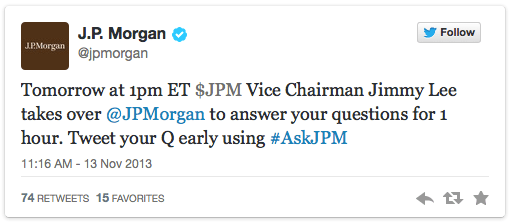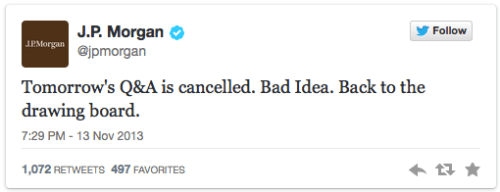Continued income inequality… continued loss of political capital… wage stagnation… as these problems continue — they’ve alarmingly become worse — and with that, warning signs have begun to appear.
Back in the 18th Century, we had the French Revolution. Maybe you’ve heard of it. Jocularity aside, it was a time of political and social realignment in France that saw an end to established power and an economic and social liberalization that rapidly changed the face of the nation forever.
In a time where powerful oligarchies, the Church and economic elites ran the nation, the people themselves felt pushed out of the system, felt out of control and oppressed by the aforementioned elites. With them holding the political capital of the nation, the people turned against the ruling classes and gave rise to a liberal France, Napoleon Bonaparte and a shift in French history that’s seen and felt even today.
Fast forward to the United States of America in 2014. Still reeling from major political decisions such as Citizens United v. FEC and the Hobby Lobby case — where old power bases, such as religiously conservative institutions and “Old Money” continue to gain political capital in America; add to that stagnating wages, a growing income gap, a continued gap of benefits compared to the industrial/post-industrial world AND a continued rise in the wealth of the top 10% of America… and what do you have? You have a dangerous recipe for what sounds a lot like the French Revolution.
The New York Times published an op-ed of Steven Rattner, a Brown-educated presidential economic analyst, who illustrated that the income and wealth gap — already a chasm, continues to widen. The bottom 90% continue to lose as the top 10% continues to grow. Add to this mix the Supreme Court decisions such as Citizens United and the Hobby Lobby case, along with mounting conservative pressure in America to resist a liberalization of the economy and way of life — such as same-sex marriage, and other liberal reforms.
Add to that the recent economic problems — and the near-collapse of 2007, which wiped out many jobs, and replaced them with jobs that often paid less, and required more work. An abysmal recovery, that — while gaining traction, is doing so at an anemic pace, while the upper echelons of society continue to reap the benefits.
Sound familiar?
Could it happen tomorrow? Not likely. Could it happen if some kind of realignment doesn’t happen and the bottom-half of society isn’t allowed to catch back up? I think so. There’s gasoline being poured in what’s already a spark-filled room. Could it ignite?
Further Reading/Watching:
NYTimes Op-Ed: Rattner:
http://www.nytimes.com/2014/11/17/opinion/inequality-unbelievably-gets-worse.html
YouTube: Nick Hanauer: Warning to Plutocrats: http://www.ted.com/talks/nick_hanauer_beware_fellow_plutocrats_the_pitchforks_are_coming?language=en
















